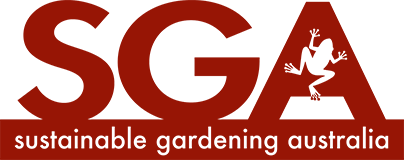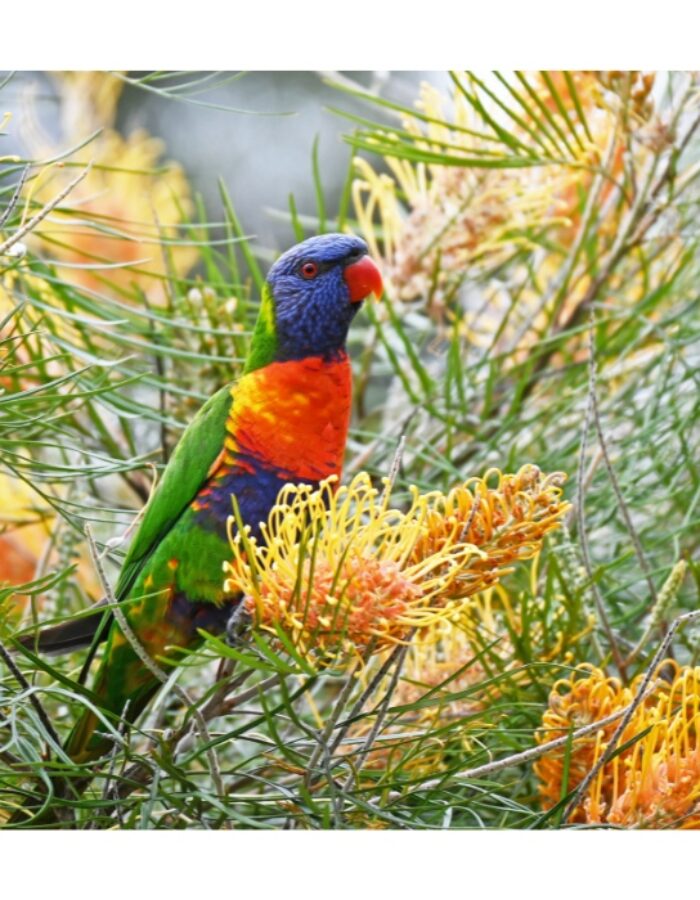Groups which swap and share food and other local produce have been increasing in number for more than a decade. As the Food Swap Network in North America states “A food swap is a recurring event where members of a community share homemade, homegrown, or foraged foods with each other.”
Motivations are many and varied:
- enabling excess garden produce and plants to be used rather than wasted
- sourcing food that is largely grown without chemicals
- minimising food miles through growing and swapping locally
- increasing access to a diversity of food
- accessing seeds and seedlings
- gaining knowledge from other gardeners
- sampling unfamiliar produce
- networking and making friendships with like-minded people
- in some cases, to listen to talks by guest speakers
Many food swaps have a webpage or a Facebook page, but since there are so many we are not going to list them all. Rather, below we show websites that have compiled such lists, some with searchable maps. Some of the sites, however, especially those with a national coverage, include other sources of local food such as farmers’ markets, pick-your-own farms and a variety of other locations – even restaurants. Criteria for inclusion in these sites vary, with only some emphasising ethical or sustainable production.
Victoria seems, so far, to be the ‘food swap capital’ of Australia, followed by NSW and South Australia. But we have observed that not all swaps appear in these listings. So please check if your swap is listed on the sites below. If it is not, and you would like it to be included, please contact either Local Harvest or the umbrella organisation listed below that is most relevant for you.
 On the other hand, if you are not a member of a swap, see if there is a one near you! Or start one! Local Food Connect and Cultivating Community have guides for starting a swap.
On the other hand, if you are not a member of a swap, see if there is a one near you! Or start one! Local Food Connect and Cultivating Community have guides for starting a swap.
National
Local Harvest
Local Harvest was based on a similar organisation in the USA and was initiated by the Ethical Consumer Group to enable you to have a closer connection with food and to find local and more sustainable food sources. It partners with Sustainable Table and the Sustainable Living Foundation.
It has a national directory and maps all types of ethical food sources apart from supermarkets or the industrial food system i.e. food swaps and shares, community gardens, restaurants and cafes, farmers’ markets, ‘pick your own’ farms, products sold at farm gates, organic retailers, bulk buying opportunities. It also provides information on producing and storing your own produce and sustainable living. To find resources near you, just search their website using your postcode.
Ripe Near Me
Based in Adelaide but with a searchable map and national reach, this website links individual buyers, rather than food swaps, with producers of food that is in excess to be sold, traded or sometimes given away free of charge. Some foraging sites are also listed.
Area-based
Victoria
Local Food Connect – around 30 swaps in the North East of Melbourne.
Moreland Food Gardens Network – swaps in a number of Melbourne suburbs (not just in Moreland).
My Smart Garden – a network of home and community gardens. Some community gardens hold regular food swaps.
Macedon Ranges Sustainability Group – this includes the Woodend Home Produce Exchange.
South Australia
The Urban Orchard is a network of food swaps in the inner suburbs of Adelaide.
NSW
Food Fairness Illawarra lists community gardens (some with food swaps) in the Illawarra area, around Wollongong, Shellharbour and Kiama.
Queensland
Brisbane Kids and Families Magazine list a number of swaps including those run by community gardens.
Western Australia
Slow Food Perth lists a number of farmers’ markets.
Related Articles:
Garden Journaling – Slow down to tune in.
As we move through the year and our gardens evolve, there's something magical about documenting the journey. Garden journaling is an art that enables…
The Importance of building soil health for a biodeverse, productive garden
Creating a thriving garden that not only sustains itself but also contributes to the broader ecosystem requires more than just sunlight and water.…



